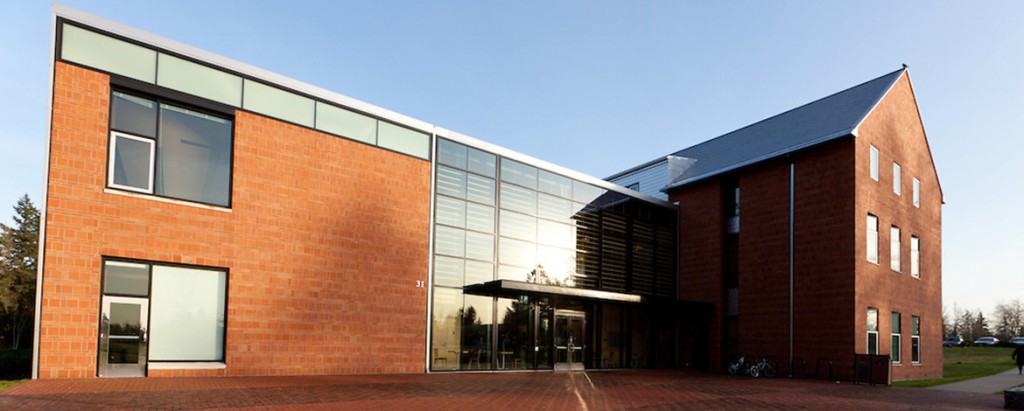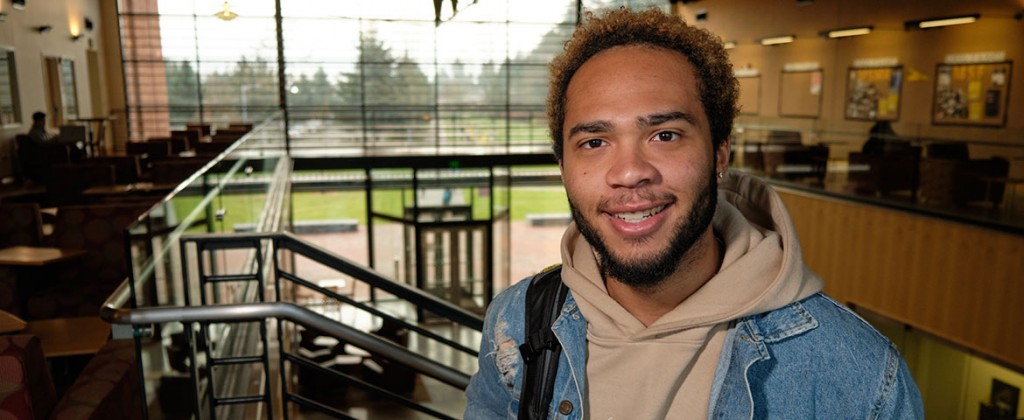Page 35 • (377 results in 0.05 seconds)
-

By Damian Alessandro ’19 It’s awards season! Not the Academy Awards –although we do host awards parties at Pacific Lutheran University. I’m writing about the annual awards for innovation that have everyone whispering excitedly in the discipline of Innovation Studies. That’s right–its the Edison Awards…
are also actively registering for the minor’s gateway course Hist/Phil 248: Innovation, Ethics, and Society, offered in Fall 2018. For more information, contact Michael Halvorson or explore the Innovation Studies website. Read Previous Alexa and Innovation Research at Amazon Read Next The 2018 Rachel Carson Science and Technology Lecture LATEST POSTS INOV 350: Innovation Seminar in Spring 2025 November 21, 2024 Have you considered an Innovation Studies minor? September 16, 2024 COMA 248 Upcoming
-
by Layne Nordgren After the first few assignments of the semester, you may begin wondering what you can do to streamline your workflow in collecting, grading, and distributing feedback for assignments. Though there are a number of ways to collect Assignments, such as by email…
POSTS Major Sakai Upgrade in August March 1, 2022 Fall 2023 Technology Workshops February 3, 2022 Zoom for Staff Accounts Update August 31, 2020 Licensed Zoom Accounts Now Available to All Faculty August 25, 2020
-
Senior capstone: ‘the toughest class they will ever take’ If Tosh Kakar has his way, James Crosetto, Jeremy Ellison and Seth Schwiethale will have spent most of their senior year trapped in a project room just off Morken 212.It is a state-of-the-art room adjacent to…
Technology. There, all seniors in the natural sciences will present the findings of their capstone research, or the results of their projects. A large number of alumni also attend the festival, some of whom discuss the work they are doing in the industry. Kakar referred to it as “bringing the whole family together.” “Festival” is the operative word here – the event bubbles with excitement, according to Hauser. “Interview,” might be another apt descriptor – the event is known to draw employers who are
-

UPDATE (10.15.15): Please join the PLU community in dedicating the Carol Sheffels Quigg Greenhouse . A reception and opportunity to explore the greenhouse will follow the dedication ceremony. We hope to see you there! Date: Monday, October 19, 2015 Time: 10:30 a.m. Location: Between Rieke…
of plants in our lives,” Quigg said. “In short, they are essential to our lives.” In December 2014, the project was funded at $880,000. In February, the Board of Regents granted permission to begin construction of the greenhouse between Rieke and the Morken Center for Learning and Technology, and construction began Feb. 18. Westmark Construction and Precision Greenhouse Construction, Inc. are building the aluminum and glass-pane facility. After consultation with Horticulture Services, the
-

TACOMA, WASH. (Feb. 24, 2016)- Debbie Moderow’s future in Iditarod racing started in her family’s backyard with a retired sled dog named Salt. The 7-year-old Husky was the first member of a backyard sled dog team that was initially assembled so Moderow’s sons could have…
context of climate change. “Fast into the Night” was Moderow’s thesis. She said she developed her voice and found her identity as a writer during her time at PLU. Moderow’s said her education set her on the path to literary success. “I’m a writer because of that program,” Moderow said. “I can call myself a writer – I’m a published author – because of that program.” Read Previous PLU Teaching Online program incorporates technology into learning, enhances brick-and-mortar experience Read Next PLU
-

TACOMA, WASH. (March 8, 2017)- Laura Brewer ’03 was no stranger to activism when she started volunteering at the Tacoma Rainbow Center in 2000. An active Lute, Brewer engaged in a variety of LGBTQ advocacy work on Pacific Lutheran University’s campus through Harmony, known today…
has informed the way she continues to seek out a vocation of service. “One of the things I loved about PLU was the mission — ‘educating for lives of service,’” she said. “The education I got at PLU on how to be a good leader…was really helpful. I’m always glad I went to PLU.” Read Previous Arts and technology center would bring new opportunities to Parkland Read Next Pageantry and Protests: PLU students experience ‘messiness of democracy’ at President Trump’s inauguration COMMENTS*Note: All
-

TACOMA, WASH. (Jan. 8, 2018)- Graduate school can be a daunting prospect for anyone. Students fresh off their undergraduate sprint are faced with a complicated application process and daunting comprehensive tests. But Leah Sweeney ‘17, a Fast Track student working on her Master of Business…
Fast Track setting PLU graduate students on right path Posted by: Thomas Kyle-Milward / January 9, 2018 Image: The School of Business is located in the Morken Center for Learning and Technology, PLU’s newest academic building. January 9, 2018 By Thomas Kyle-MilwardPLU Marketing & CommunicationsTACOMA, WASH. (Jan. 8, 2018)- Graduate school can be a daunting prospect for anyone. Students fresh off their undergraduate sprint are faced with a complicated application process and daunting
-

To catch Josh Wallace, you’ll have to call him — and he’ll probably be on the move when you do so. The busy MBA student is juggling school classes, his job as a marketing intern… and a starring role in The Fern Shakespeare Company’s “Othello,”…
Josh Wallace: The Art of Business, The Business of Art Posted by: Zach Powers / November 25, 2019 Image: PLU alumnus and current MBA student Josh Wallace in the Morken Center for Learning and Technology. (Photos by John Froschauer/PLU) November 25, 2019 By Lora ShinnGuest Writer for Marketing & CommunicationsTo catch Josh Wallace, you’ll have to call him — and he’ll probably be on the move when you do so. The busy MBA student is juggling school classes, his job as a marketing intern… and a
-

TACOMA, WASH. (March. 19, 2020) — Switching a campus-based curriculum to a distance-learning model mid-semester in the face of a pandemic is no easy feat. Luckily, PLU professor of music Gregory Youtz and his faculty peers have proved to be up for the challenge. Under…
make me proud once this is over? Read Previous At on-campus food pantry, a nutritious meal is a swipe away Read Next Prof. Bridget Yaden on using technology to make remote learning inviting and accessible COMMENTS*Note: All comments are moderated If the comments don't appear for you, you might have ad blocker enabled or are currently browsing in a "private" window. LATEST POSTS Caitlyn Babcock ’25 wins first place in 2024 Angela Meade Vocal Competition November 7, 2024 PLU professors Ann Auman and
-

When Matthew Conover ’19 was a student at PLU, he recalls someone telling him there were two types of software engineers: the ones who chose to chase the money, and the ones who had no other choice. “I fall into the latter camp,” Conover said.…
chase the money, and the ones who had no other choice.“I fall into the latter camp,” Conover said. “I sincerely believe that no matter what I majored in or what career I started in, I would have ended up programming.” Today, Conover is a senior software engineer at Rainway, a Seattle-based video game streaming service. He works from his home in San Jose, California Before taking the job at Rainway, he worked at Wiser Solutions, an information and technology firm specializing in ecommerce and
Do you have any feedback for us? If so, feel free to use our Feedback Form.


